By Amir fathi
Ubisoft has gone from being one of the most respected game developers, to a source of disappointment in the video game industry, this is a brief but accurate summary of Ubisoft’s current state. Over the past few years, the company has sacrificed its legacy for higher profits and now must answer for its mistakes. Ubisoft’s dire situation in recent months is no secret; the company has experienced a major downfall in less than five years. Gamers are no longer interested in its new titles, and an 80% drop in stock value has upset shareholders. But what happened? How did Ubisoft fall from grace? In this article, we aim to take a quick look at Ubisoft’s origin, its rise to the top of the industry, and its eventual downfall. Stay tuned.
The Guillemot family and the rise of Ubisoft
In the 1960s to 1980s, the Guillemot family ran an agricultural business in the Brittany region of France. With the help of the family’s five children, the business expanded to other cities in France and even neighboring European countries. Christian, Claude, Gérard, Michel, and Yves are the five Guillemot brothers who were involved in different aspects of the family business. All five pursued business-related studies at university. In the 1980s, the brothers decided to sell tech-based products to farmers alongside their regular business. They soon realized the value of computer parts and software, which were relatively expensive in France at the time. However, the Guillemots found that by importing these items from Britain, the cost of computer parts would be much cheaper. With this idea, Guillemot Informatique was founded in 1984. By 1986, the Guillemot brothers had earned around 40 million French francs (equivalent to $5.8 million USD at the time) through the import of computer parts and software.
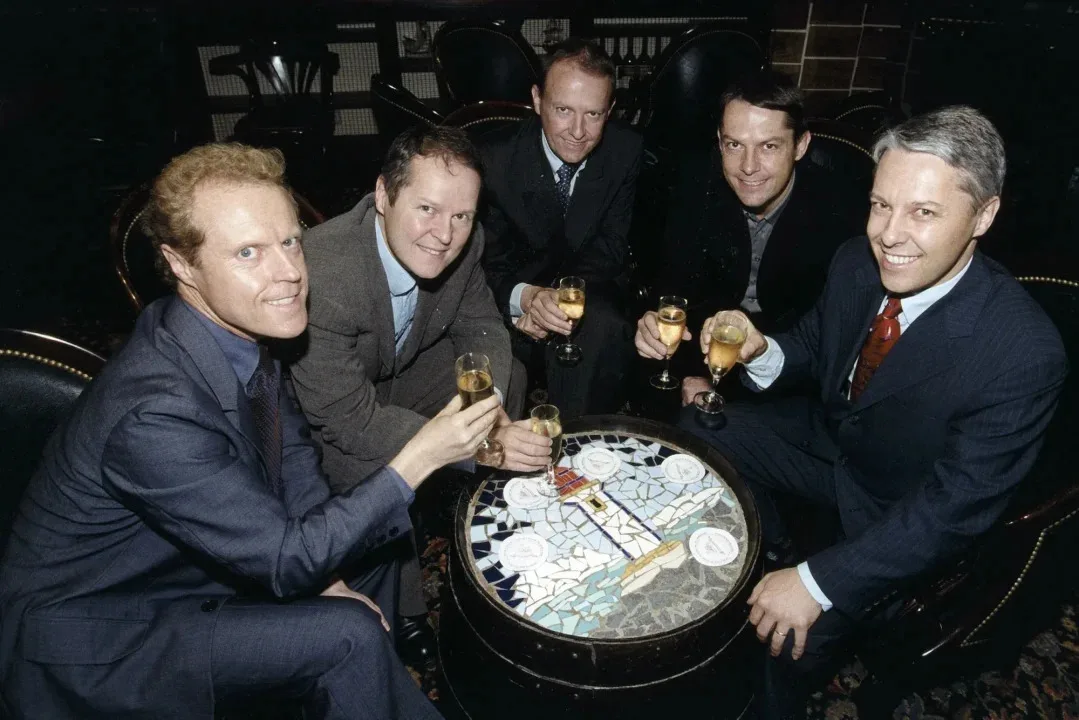
Guillemot brothers
On March 28, 1986, after observing the growth of the gaming industry, the Guillemot brothers, who had limited experience in game publishing, founded Ubisoft. The name “Ubisoft” is a combination of the words “Ubiquitous,” meaning something found everywhere, and “Software.” That same year, Ubisoft produced and released its first game, Zombi. This first-person game, heavily inspired by the works of George A. Romero, placed players in a mall where they had to face massive hordes of zombies. By January 1987, the game had sold 5,000 copies. Ubisoft had successfully taken its first step, and two years after its founding, Yves Guillemot, with the agreement of all his brothers, became CEO, a position he holds to this day.
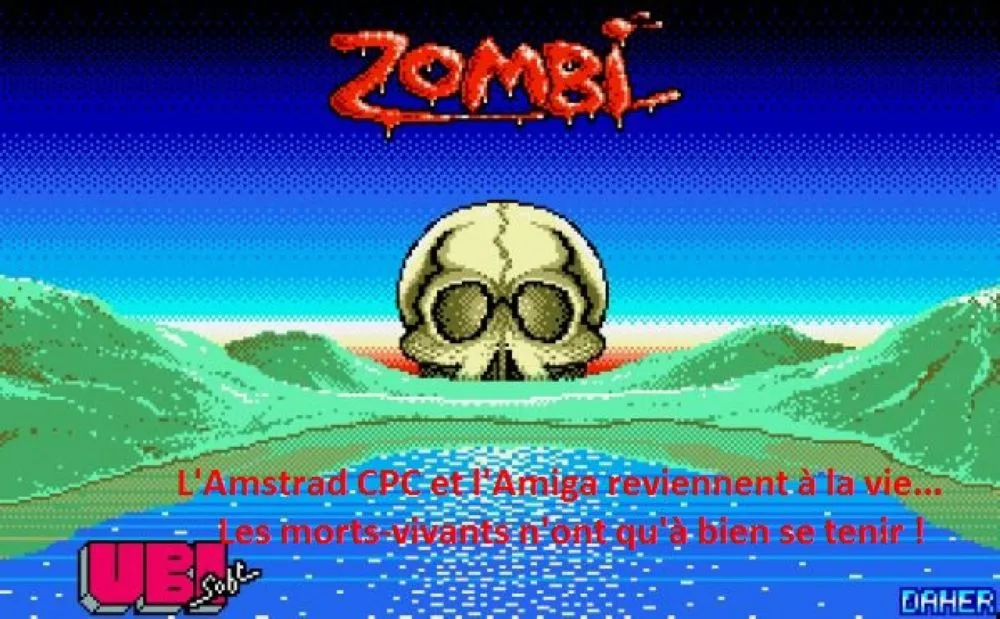
Breaking into the global market
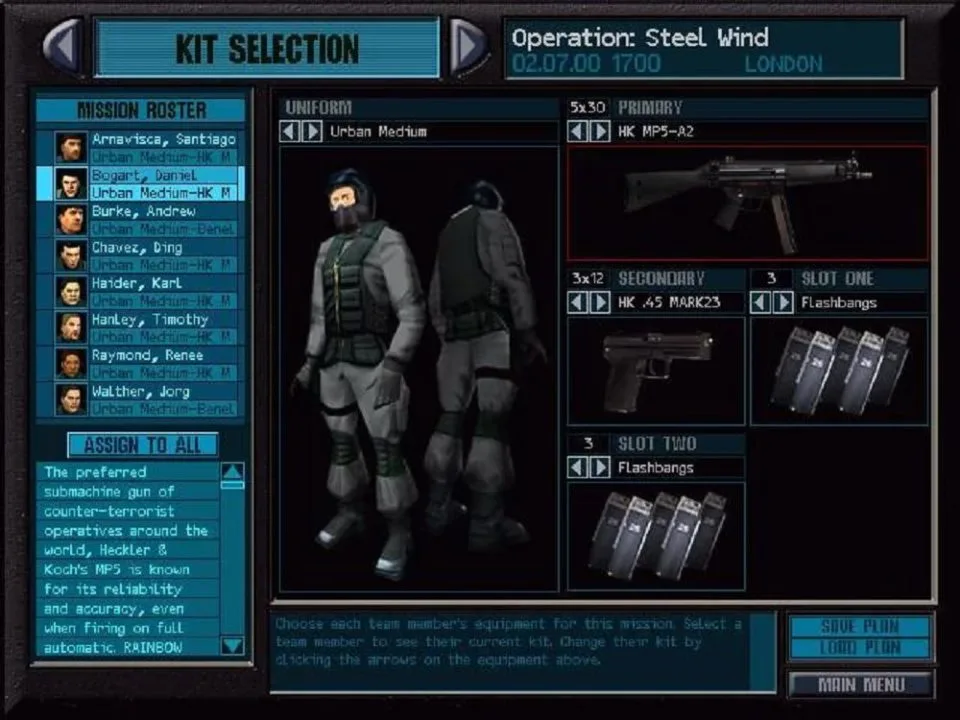
As the new millennium began, the Guillemot brothers sought a strong entry into the U.S. market. At the time, they believed that not having original and exclusive IPs was holding them back. With Ubisoft’s stock showing significant growth in 1999, the company decided in 2000 to acquire Red Storm Entertainment, along with the license to use works by renowned American author Tom Clancy (Thomas Leo Clancy). This studio, founded by Clancy himself in 1996, had already garnered attention with titles like Tom Clancy’s Politika and Dominant Species, but the game that truly put the studio on the map was the first-person tactical shooter Rainbow Six. This game introduced tactical elements to the shooter genre and, unlike the fast-paced, chaotic shooters of that time, punished speed and lack of planning. It also popularized iconic gaming phrases like “One Shot One Kill” and “Tango Down.” Many media outlets today regard Rainbow Six as the first tactical first-person shooter. Before Ubisoft acquired Red Storm Entertainment, the studio had also begun work on a project called Ghost Recon, which, like Rainbow Six, earned widespread acclaim.
With full access to all of Tom Clancy’s works, Ubisoft started the new millennium with great strength. Between 2000 and 2005, Ubisoft published over 200 games. Both Red Storm and Ubisoft developed and released multiple sequels to Rainbow Six and Ghost Recon, all of which were commercially successful. Ubisoft had now successfully entered the largest gaming market, the U.S., and established itself as a respected publisher. But Ubisoft’s expansion didn’t stop there. In the early 2000s, Microsoft collaborated with Ubisoft to create a stealth game aimed at competing with Metal Gear Solid on PlayStation. This collaboration resulted in Splinter Cell, which was released for the Xbox in 2002.

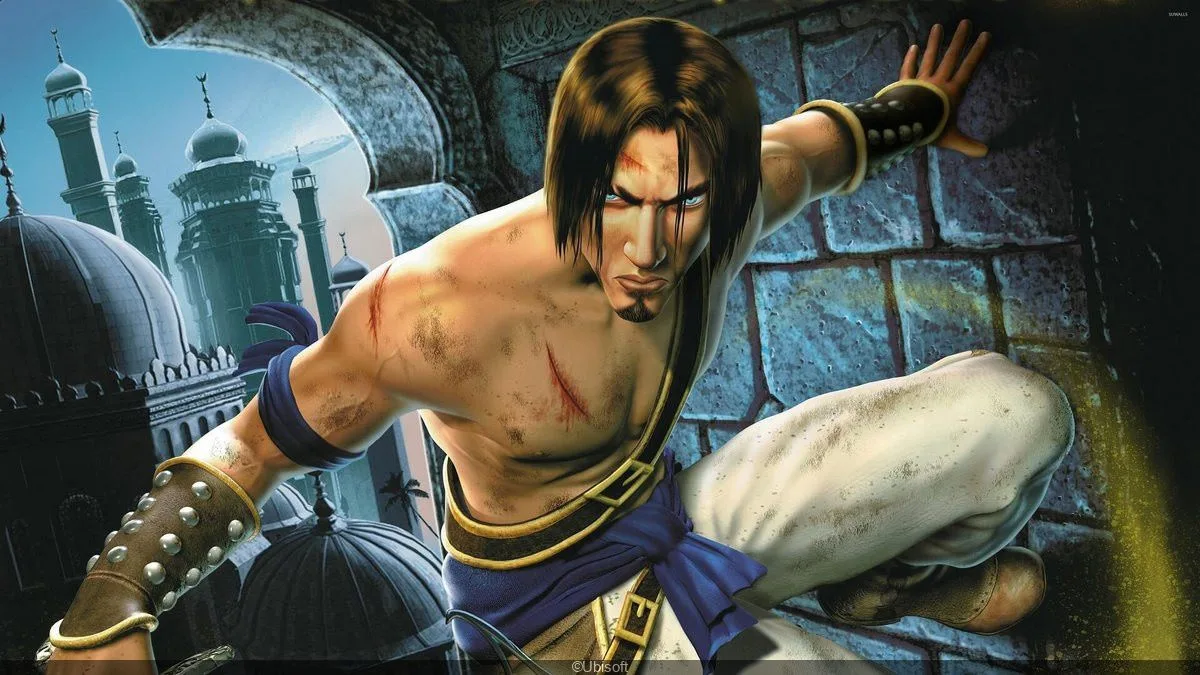
Reaching new heights
During the mid 2000s, Ubisoft decided to extend the development time for its games to ensure higher quality. Sequels that used to be released one or two years after their predecessors now had development cycles of up to four years. This additional time allowed developers to focus more on their ideas and take bold steps in changing the direction of projects. The biggest achievement from this strategy was Assassin’s Creed, a game that initially started as a sequel to Prince of Persia: The Sands of Time.
Development on this project began in 2004 for the PlayStation 2, but after the seventh-generation consoles were introduced, the team’s vision for the game evolved. At that point, the game was called Prince of Persia: Assassins, and its story centered on a high-ranking member of the Hashashin and Ismaili sect in Alamut, a state in Iran led by Hassan-i Sabbah. The main character’s appearance was inspired by a bird of prey, an idea suggested by one of Ubisoft’s animators, which even influenced the character’s name.
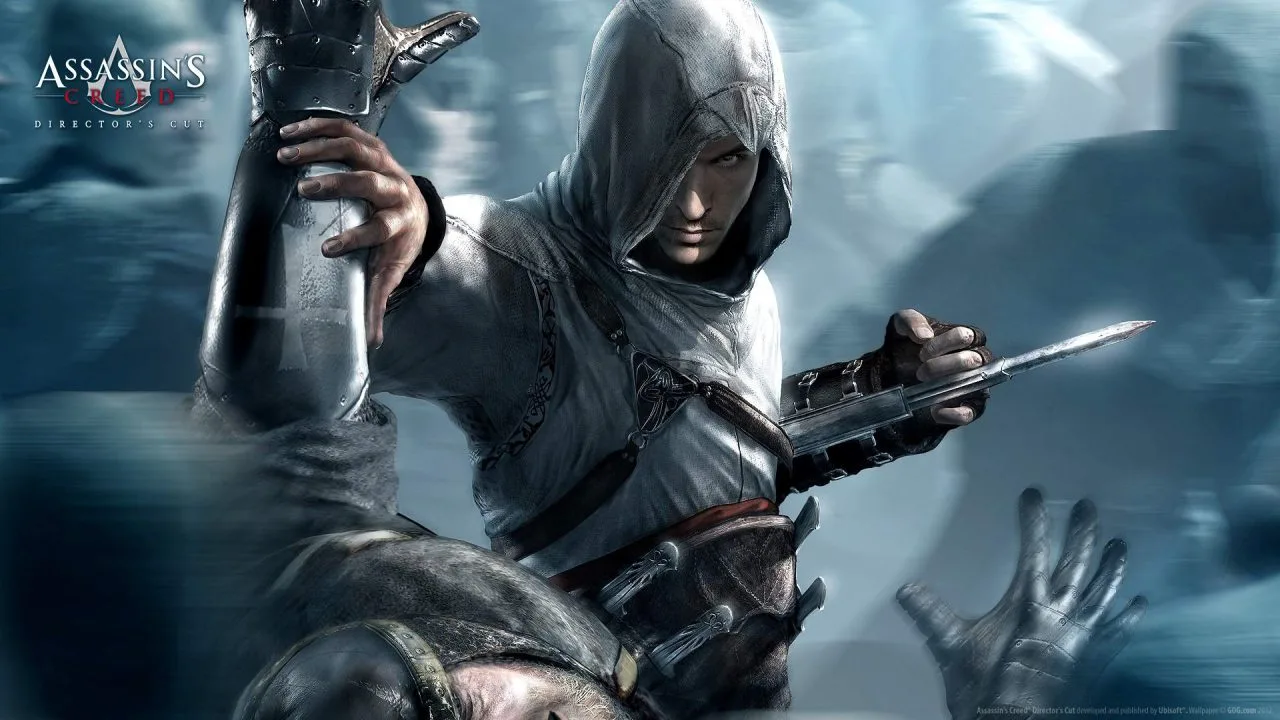
The success of Assassin’s Creed even surprised Ubisoft. Upon its release in the UK, the game managed to surpass Call of Duty 4: Modern Warfare, and by April 2009, it had sold over 8 million copies. Despite some key flaws, critics praised the game’s graphics and open world, and Assassin’s Creed overall received highly positive feedback from both critics and players.
Assassin’s Creed forever changed Ubisoft. To date, they have developed 13 main titles and 17 spin-offs in the series. By 2022, the franchise had sold over 200 million copies, making Assassin’s Creed Ubisoft’s best-selling franchise and one of the most successful series in gaming history.
With the release of Assassin’s Creed, Ubisoft became known as one of the most reputable and trustworthy game developers, with its logo on game covers serving as a seal of quality. In addition to creating outstanding games, Ubisoft continued collaborating with other studios and companies, publishing third-party titles.
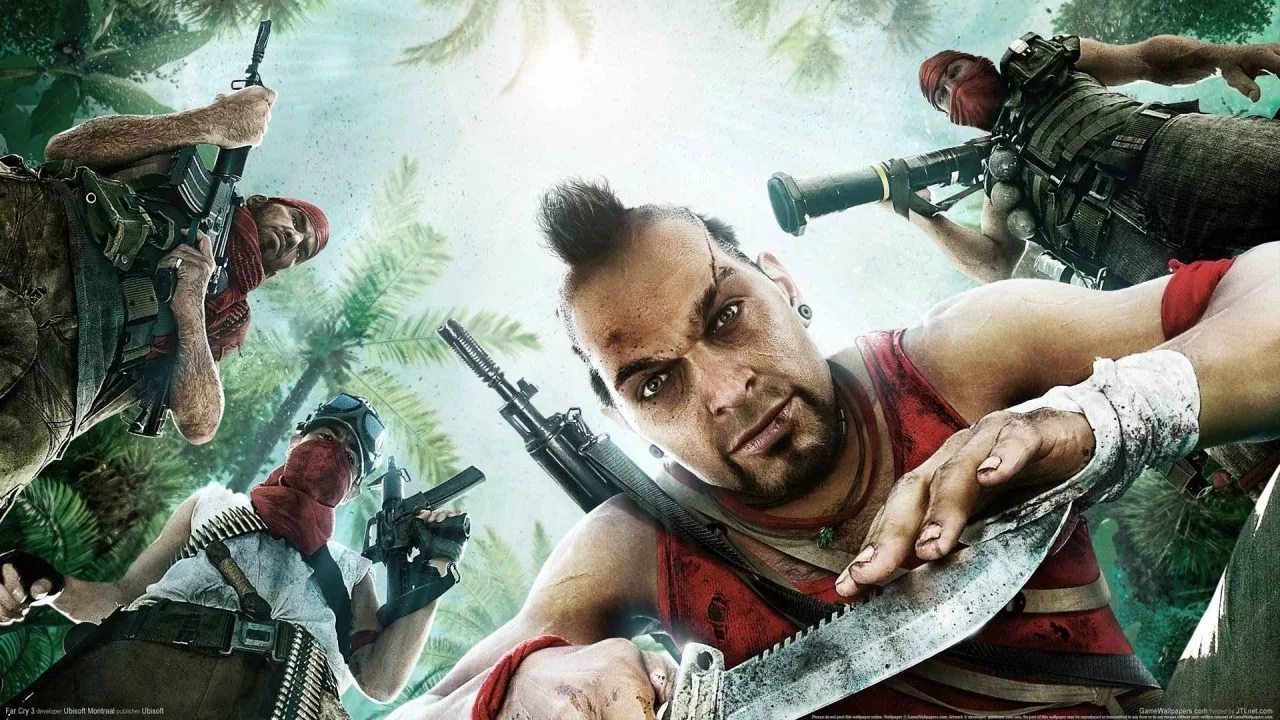
Another major Ubisoft game from the seventh generation was Far Cry 3. Development of Far Cry 3 began in 2008 and quickly became one of Ubisoft’s largest projects in terms of the number of studios involved. Massive Entertainment, Ubisoft’s Shanghai and Bucharest branches, and Red Storm all assisted Ubisoft Montreal in creating the game. Released in 2012, Far Cry 3 was met with widespread acclaim, as was typical for Ubisoft titles at the time. Critics praised the game’s characters and open world, with Vaas, the antagonist, becoming one of the most iconic villains in the gaming industry. The success of Far Cry 3 led to the development of several sequels following the game’s formula.
Continued Domination
Ubisoft’s first major title of the eighth generation was Assassin’s Creed Unity, the eighth game in the series, which brought the story to the French Revolution. The game received mixed reviews from critics. While many appreciated the game’s world and the depiction of Paris, numerous technical issues, as well as character controls and combat, were heavily criticized. The technical problems were so severe that Ubisoft had to halt sales of the game and issue an apology to buyers and fans of the series. Despite this, Unity eventually succeeded, selling over 10 million copies by 2020, and after resolving the technical issues, it is now considered a beloved title among gamers.
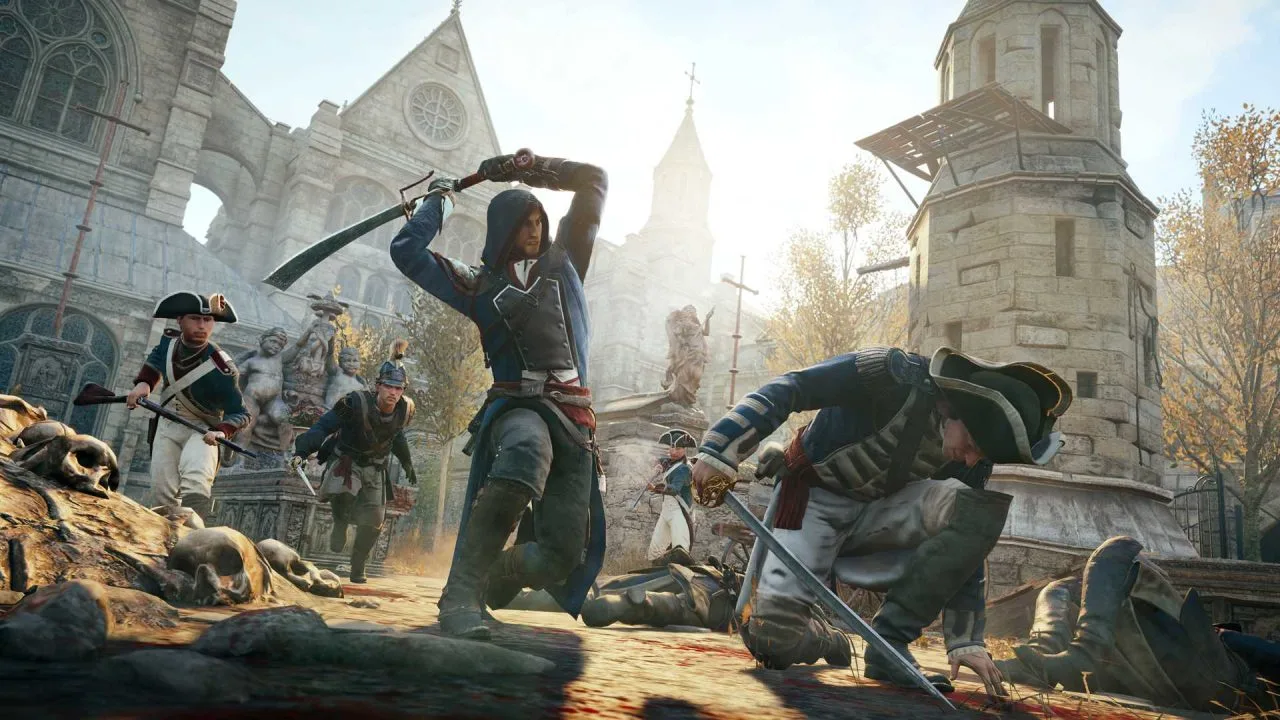
Another significant Ubisoft title from the early eighth generation was Watch Dogs. First revealed at E3 2012, the game quickly became one of the most highly anticipated titles. The initial showcase promised an open-world experience similar to GTA, but from the perspective of a skilled hacker. Watch Dogs was released in 2014, and while it received relatively high scores from critics, it failed to meet many fans’ expectations. The primary criticism was aimed at the game’s visual graphics, which were noticeably downgraded compared to Ubisoft’s marketing. Additionally, the “living world” that Ubisoft had promised was deemed dull and boring by some players.
Despite the criticisms, Watch Dogs broke numerous records. It held the record for the most pre-orders of an eighth-generation game until Cyberpunk 2077 was released in 2020. It also became Ubisoft’s best selling new IP in terms of sales.
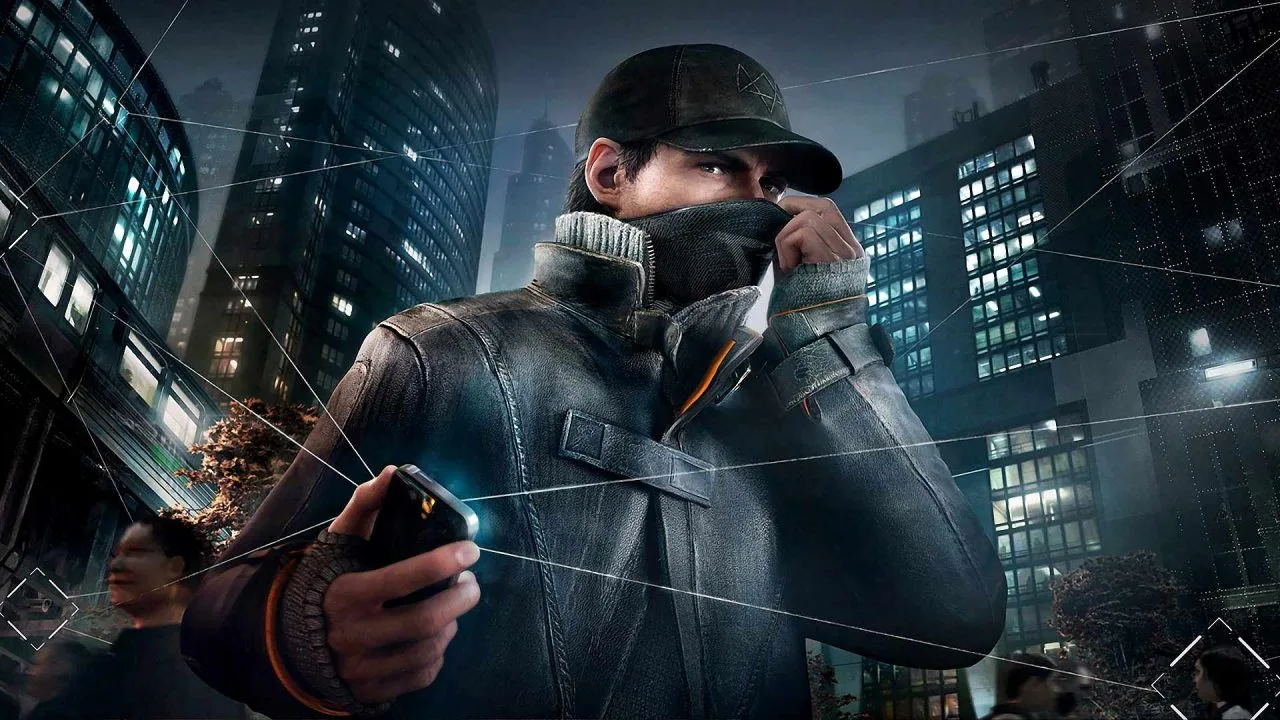
Ubisoft began a project called Rainbow Six Patriots during the seventh generation, a title focused heavily on storytelling that was announced in November 2011. At the time of its announcement, the development of Patriots had just started, and Ubisoft revealed it merely to prevent leaks. By 2013, the game fell into development hell. This, along with the passing of Tom Clancy, cast a dark shadow over the future of the Rainbow Six titles and, in general, works derived from Clancy’s writings. However, this situation changed at E3 2014. Ubisoft officially announced that the development of Patriots was canceled and that the focus had shifted to a new title in the series, a fully multiplayer and service-oriented game called Rainbow Six Siege.
Siege was released in December 2015 and received relatively positive reviews from critics. Its service-oriented nature led many players to feel optimistic about the game’s future and the resolution of issues. By 2018, Siege had become one of the largest multiplayer titles, and according to Ubisoft, by 2021, the game had reached a record of 70 million players.
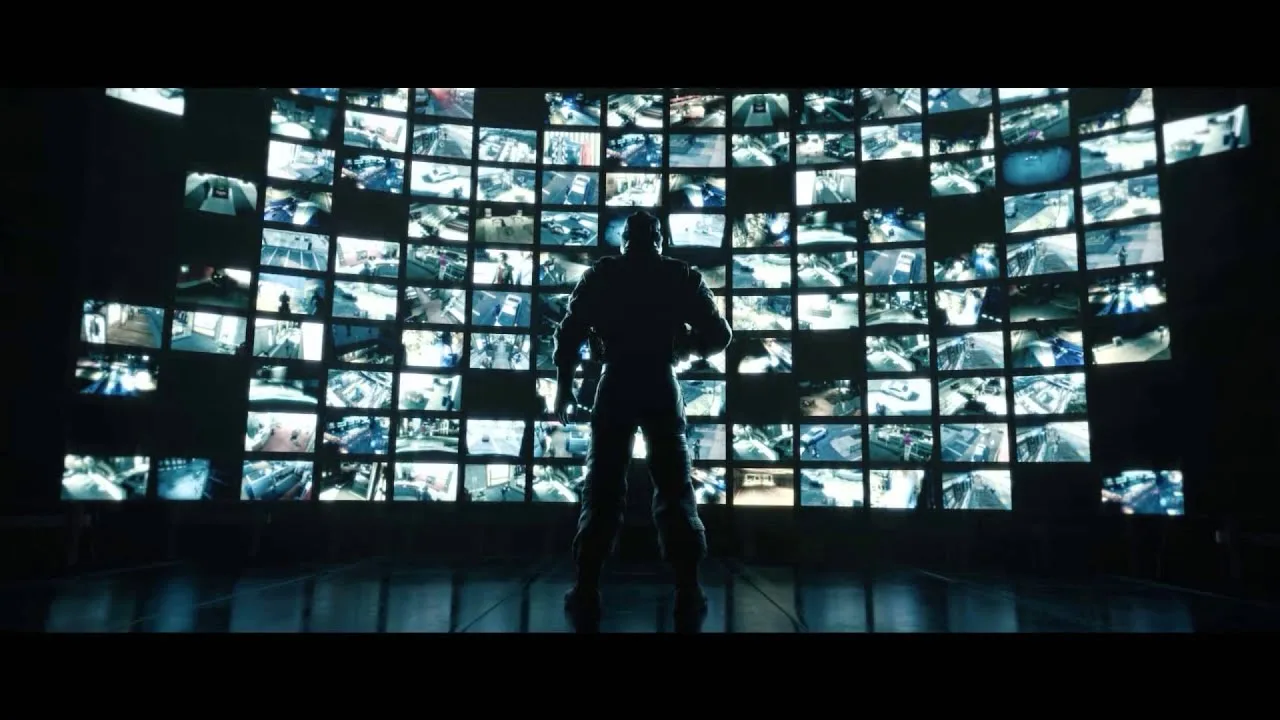
From 2000 to 2018, Ubisoft grew steadily, releasing titles that generally received positive feedback. By 2018, Ubisoft’s stock price had risen to $24 per share, a tenfold increase from the time Assassin’s Creed was launched in 2007, marking the company’s highest valuation to date. After this point, Ubisoft shifted its focus towards its established IPs and adopted a low-risk strategy. The company began to question why it should continue innovating when it had profitable, proven franchises, setting the stage for its eventual decline.
Abandoning core values
Despite a stock decline in 2019, Ubisoft, like most gaming companies, experienced significant growth in 2020, partly thanks to the COVID-19 pandemic, which helped it recover a substantial portion of its lost value. During the pandemic, Ubisoft released many sequels to its popular franchises, which, while commercially successful, failed to reach the quality of earlier titles. Observing this trend, Ubisoft altered its marketing strategy to focus on a more casual gaming audience, effectively ignoring the loyal players who once championed its games and now expected innovation.
This shift led to an identity crisis within many of Ubisoft’s franchises. Rainbow Six Siege, once known as a realistic shooter, began incorporating content inspired by Fortnite. Assassin’s Creed, previously a shining example of historical fiction that respected its historical settings, introduced mythical creatures and fantasy elements. Ubisoft no longer encouraged fresh ideas, expecting its employees to produce titles primarily aimed at a broad, casual audience.
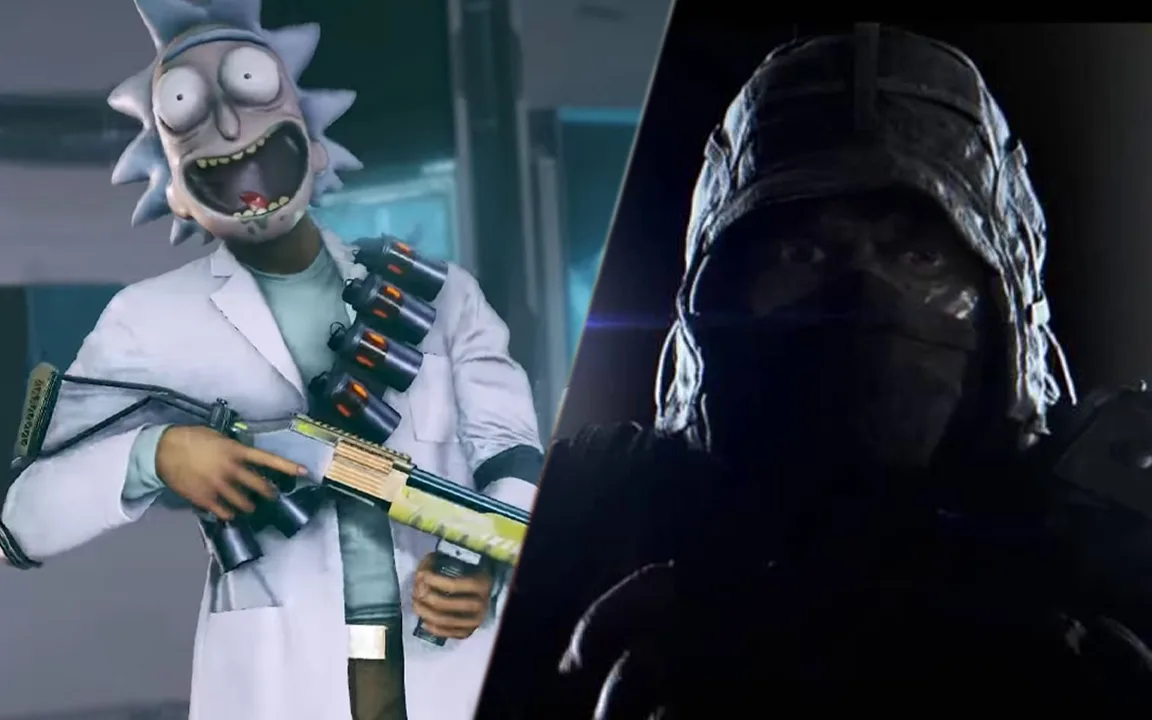
Ubisoft, now disregarding the values that once made it a gaming giant, had transformed its previously creative workplace into a cold, assembly line production model. High sales and the stay at home conditions of the pandemic fueled this strategy, but it was unsustainable.
The start of a total decline
As Covid 19 restrictions lifted in 2022, Ubisoft’s decline resumed. With the casual, homebound audience gone, Ubisoft was left with the core fans it had neglected for years. Rainbow Six Siege dropped from a peak of 160,000 concurrent players in 2020 to just 30,000 in 2022. Meanwhile, the company’s stock plummeted from $20 to $5 per share. Despite these setbacks, Ubisoft remained optimistic about the future. Key titles like Assassin’s Creed Mirage, Avatar: Frontiers of Pandora, and especially Star Wars Outlaws were slated for the next three years. These familiar franchises have raised high expectations among Ubisoft’s management and shareholders alike, who hope they will restore the company’s standing in the industry.
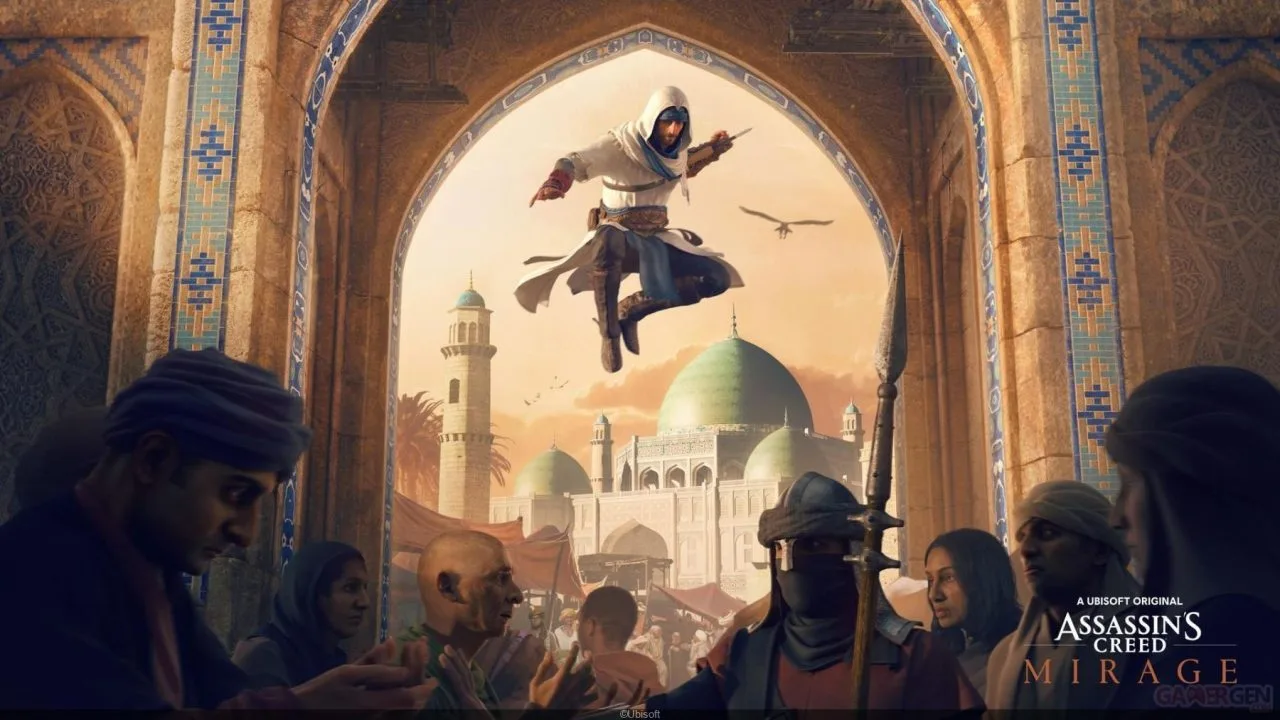
Released in October 2023, Assassin’s Creed Mirage was heavily marketed around a “return to roots” approach, which rekindled hope among longtime fans of the series. The game saw moderate commercial success, with Insider Gaming reporting that 5 million players experienced the title.
Meanwhile, Avatar: Frontiers of Pandora, developed by Ubisoft’s Massive Entertainment studio, launched in December 2023. Despite high expectations, the game fell short critically, and its player base underperformed compared to Mirage, attracting only 1.9 million players according to Insider Gaming.
With both Mirage and Frontiers of Pandora falling short of Ubisoft’s high expectations, the company pinned its hopes on Star Wars Outlaws for redemption. Over 600 employees from 11 Ubisoft studios have been working on Outlaws, and it reportedly received the company’s largest production budget to date. Industry analysts estimate the budget between $200 and $300 million, reflecting Ubisoft’s significant commitment to the title and its potential to redefine the company’s trajectory.
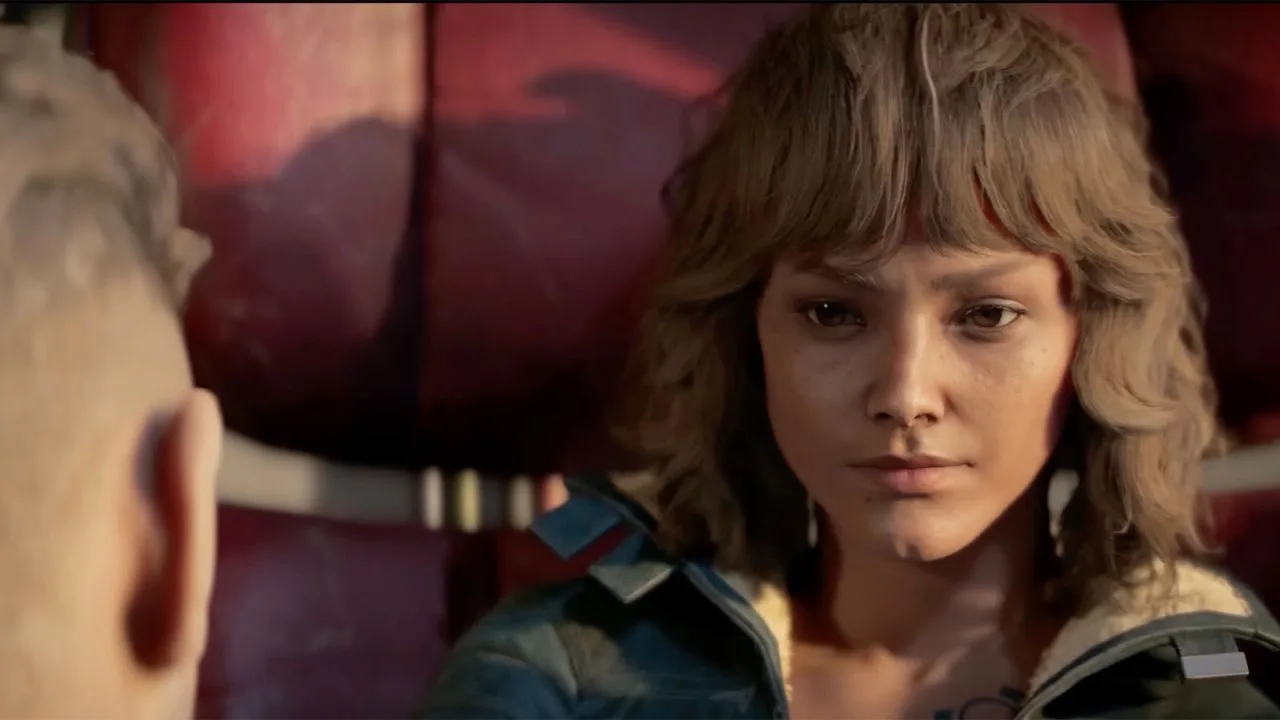
The release of Star Wars Outlaws was even worse than the most pessimistic estimates. According to Tom Henderson from Insider Gaming, Outlaws sold less than 1 million copies in its first month after launch, performing worse than both Assassin’s Creed Mirage and Avatar: Frontiers of Pandora.
Ubisoft left completely alone
The future does not look very promising for Ubisoft. After the complete failure of Star Wars Outlaws, the company’s shares dropped to their lowest level in the last 10 years, and things worsened for the executives with Assassin’s Creed Shadows.
Assassin’s Creed Shadows is the fourteenth main installment in the series, introduced this February. Shadows struggled to gain positive reviews from users from the start, with the game’s cinematic trailer breaking the record for most dislikes among all introductory trailers in the series on YouTube. The game was supposed to bring the series to Japan after years of fan requests, but the main character was Yasuke, a Black slave whom Ubisoft claimed was a samurai. Users saw the choice of a foreign protagonist in feudal Japan as influenced by Ubisoft’s political stances. This criticism intensified with the game’s new gameplay showcases. One of the most disliked clips was a scene of Yasuke fighting enemies to hip hop music, a style with no reason to be in feudal Japan.
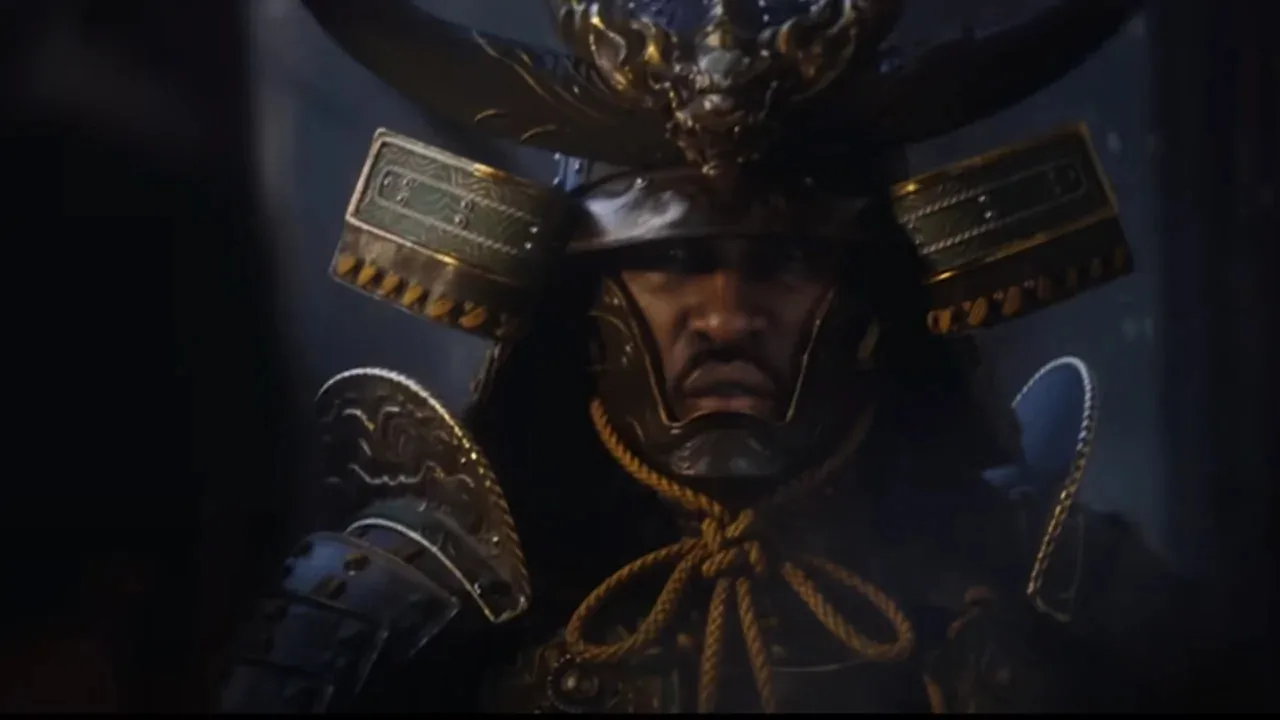
The controversies that Ubisoft stirred up with Assassin’s Creed Shadows are so numerous that detailing them all is a difficult task. However, what we can infer from all of Ubisoft’s mistakes in introducing and marketing Shadows is the negligence of the historical research team and the prioritization of policies and ideas that hold no value for gamers.
Final words
Ubisoft’s downfall is a prime example of the current problem in the gaming industry and AAA publishers. Multi-billion-dollar gaming companies that owe their success to decades of user trust have now become leeches, sucking the last drops of creativity from their legacy franchises. These companies have adopted the behavior of antagonists that once scared us with their works. We can attribute all current gaming issues to “Woke” policies, but the truth is that the real killers of games are the creators themselves. Assassin’s Creed Shadows will not be a good game because Ubisoft refuses to let go of a 17 year old formula, not because Yasuke is the main character. With rumors about Ubisoft being acquired by Tencent and going private, many hope that Ubisoft will once again side with players. However, one thing we can say without a doubt is that unless fundamental changes are made, Ubisoft’s future is nothing but grim.


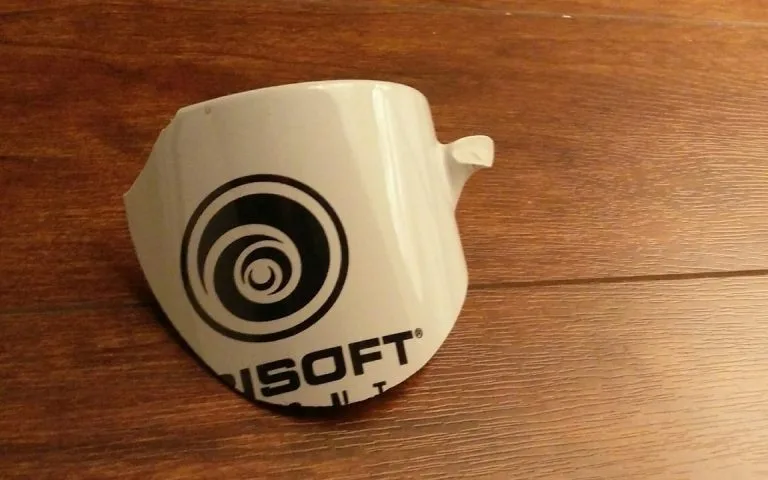
Comments